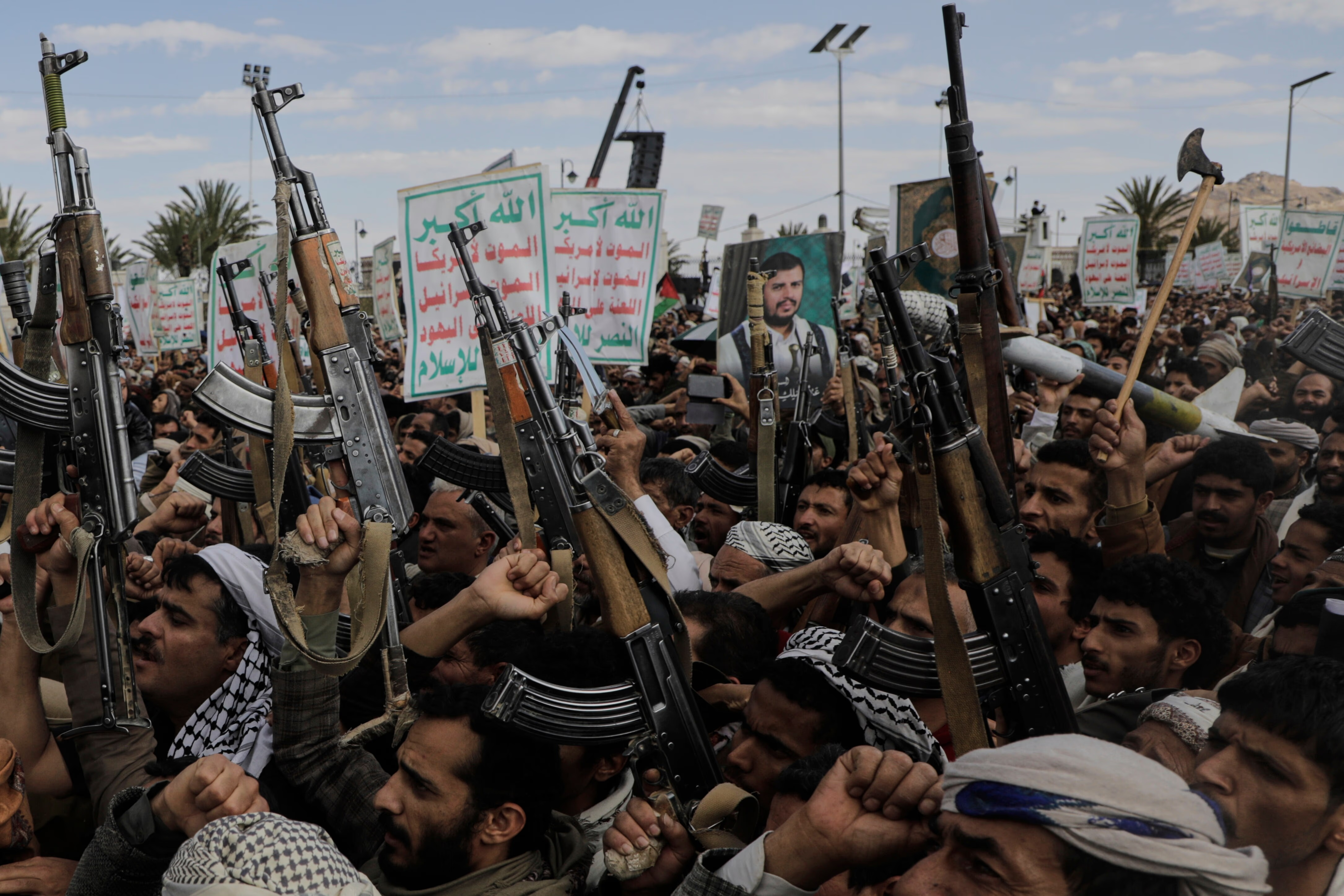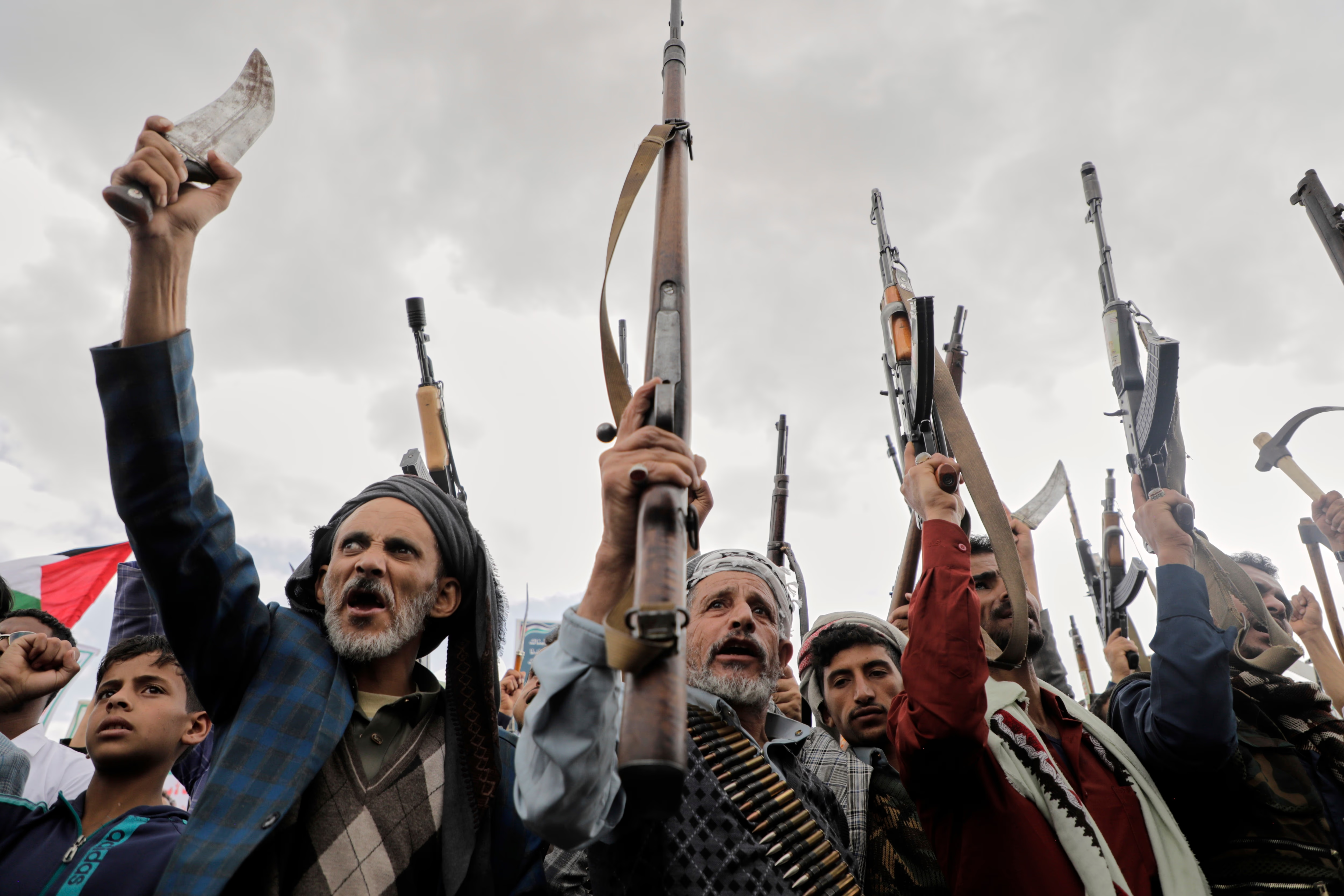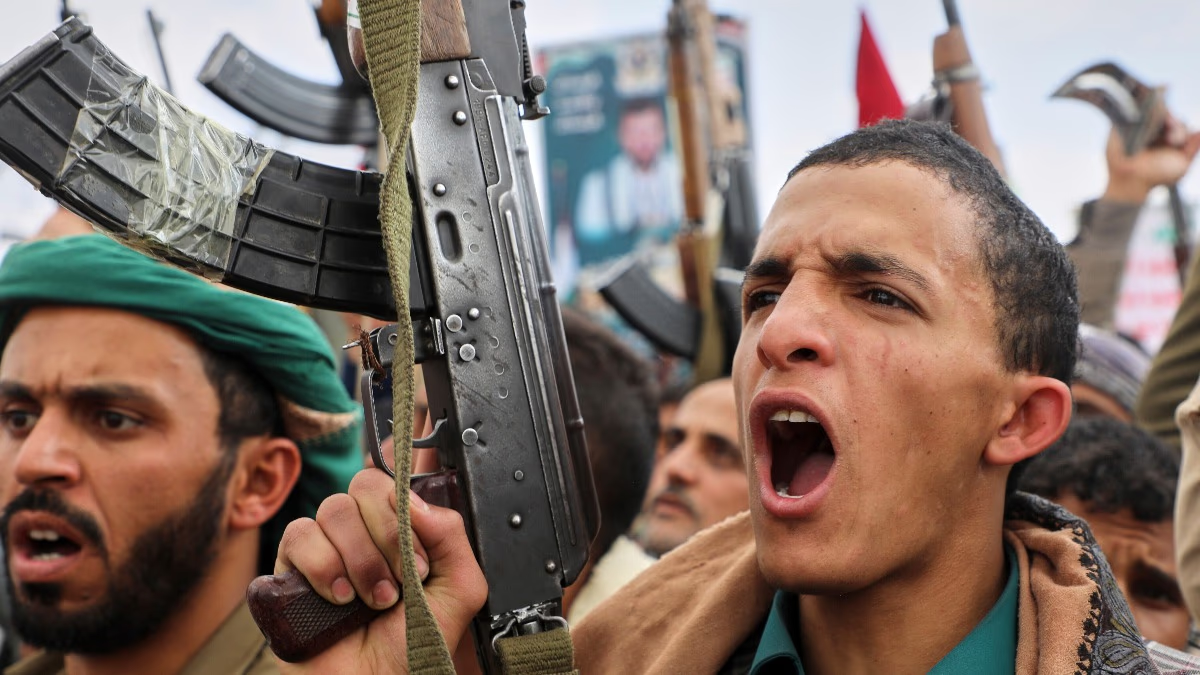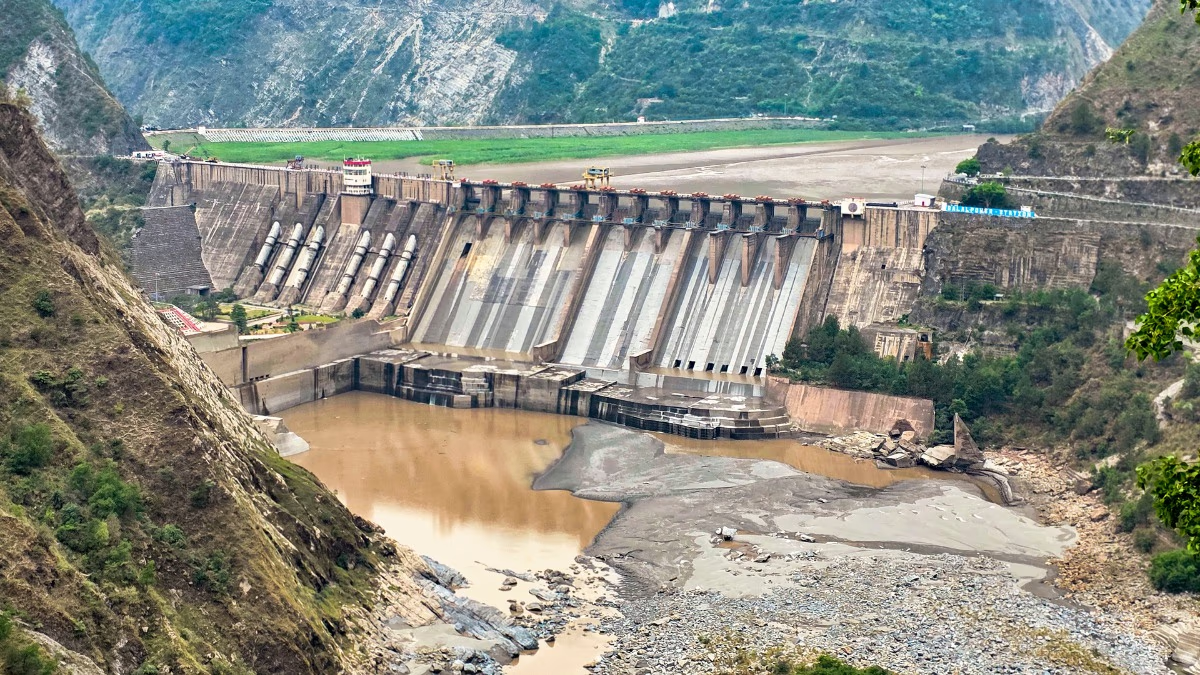The Houthi rebels in Yemen are not only battling their own government but also confronting powerful nations like the US and Israel. Recently, the Houthis fired missiles near Tel Aviv, Israel, prompting retaliatory air strikes on Yemen. Houthis blame Israel and the US for these attacks. Yemen has been embroiled in a civil war for nearly a decade, with Iranian-backed Houthis proving difficult to neutralize.
Targeting Commercial Ships
Over the past two years, Houthi rebels have escalated confrontations in the Red Sea. They target ships associated with the US, UK, or Israel as they pass. Consequently, the US and UK have been consistently targeting the Houthis. Israel remains their prime target, as they openly support Hamas.
Experts believe that recently, Houthis have targeted commercial ships with no links to Israel, indicating their intent to showcase power and weapons. Disrupting trade routes garners attention, aiming to strengthen ties with Iran.

Source: aajtak
Over 150,000 Troops
Reports indicate that the Houthi rebels have a force exceeding 150,000 fighters. Additionally, they possess advanced weapons, including drones and missiles. Some claims suggest they have over a thousand Iranian missiles and receive training from Hezbollah, clearly enjoying support from Iran and Hezbollah.
Accusations of Armament by Iran
The US claims Houthi rebels recruit children as fighters, with over 1,500 child fatalities reported in the 2020 conflict. Years prior, a report accused Iran of supplying missiles to the Houthis, violating international law. However, Iran denies these allegations.
Saudi Arabia has also accused Iran of supplying ballistic missiles to the Houthi rebels, alleging an attack on Riyadh in 2017. Saudi forces intercepted all missiles mid-air. Iran persists in being accused of arming the Houthis with cruise missiles, drones, and other lethal weapons.
Attacks Using Ballistic Missiles
A BBC report suggests the Houthis possess a range of sophisticated missiles and drones, employed in Red Sea skirmishes. Initially, they attempted captures using small boats and helicopters, but now wield advanced weaponry.

Source: aajtak
US think tanks highlight the Houthis' access to anti-ship cruise missiles, with a range of 80 to 300 km, and targeting capabilities for up to 300 km. These missiles fly high and strike swiftly, complicating interception.
Who are the Houthis?
Originating from Yemen's northwest, the Houthis are a minority group named after Husayn al-Houthi, the movement's founder. For decades, they have opposed Yemen's rulers, gaining strength during the Arab Spring, becoming a key rebellion force. In 2014, they seized Yemen's capital, Sana'a, forcing a presidential departure and controlling 80% of Yemen's populace. The Houthis are primarily Shia in a Sunni-majority Yemen, exerting control over the government.
The Houthi rebels exert greater influence than Yemen's government, managing taxes in northern Yemen and operating with an independent currency. The Shiite-dominated group maintains authority in largely Sunni Yemen.




